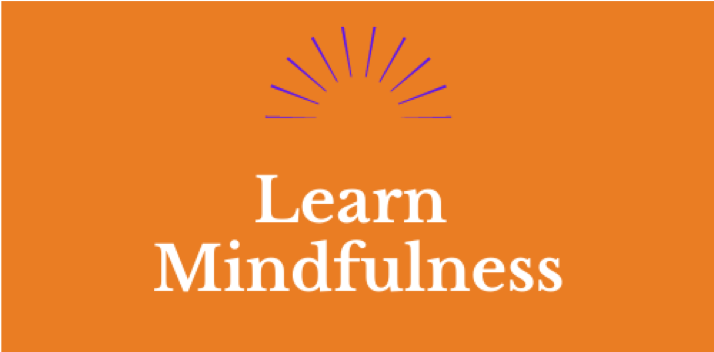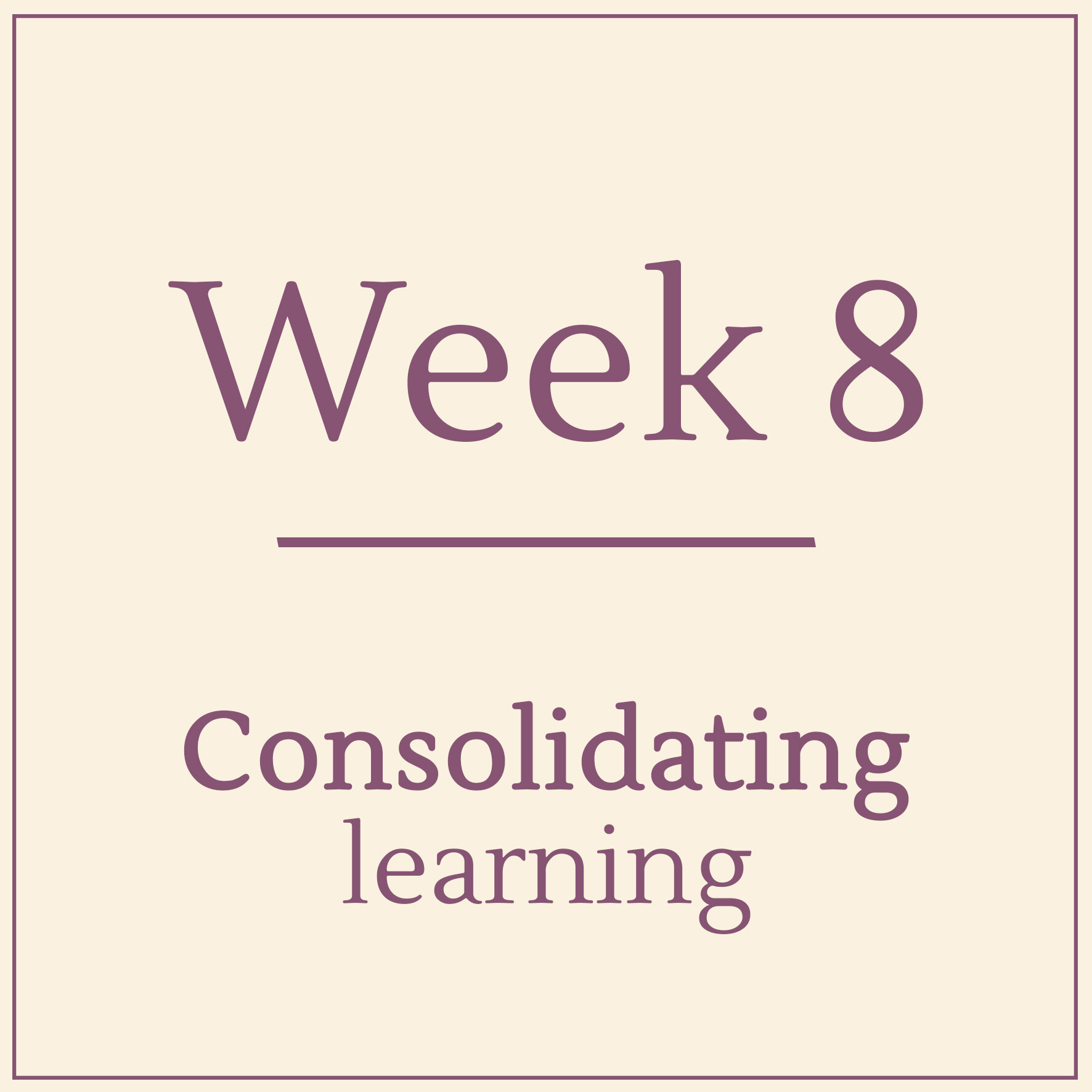Teach MBCT - Train to be a Mindfulness Teacher
The very best way for psychotherapists and other medical professionals to get started with Mindfulness Based - Cognitive Therapy (MB-CT) is by listening to the creation story as told by Zindel Segal, PhD.
Then you should have a look at the very solid research on MB-CT for depression and it’s use with generalized anxiety. Then have a look at the emerging research on the use of MB-CT for a host of chronic medical conditions.
You should also look into Mindfulness-Based Stress Reduction (MBSR). Important research is happening there, too. Having taken MBSR, my impression is that MBSR is a really strong, enduring way to learn mindfulness for stress. Many, many people can benefit from it. Elaine’s teachings have been enormously helpful for me. I still often look back at my class notes.
As I see it, MB-CT is sort of like MBSR with an added emphasis on toxic thoughts and difficult emotions. While MBSR and Jon Kabat-Zinn invested a generation establishing MBSR as Mindfulness in Medicine, in turns out that MB-CT also has that attribute, and is in fact taught by medical professionals: psychotherapists, doctors and others. When we speak to medical professionals about MB-CT they often hear MBSR, this message has been so well established, so we make sure to explain the differences.
Many of us have chosen to specialize in MB-CT. You can see AccessMBCT to learn about training institutions and about people already qualified to teach it worldwide. Or you can get an overview of MB-CT at MBCT.com.
Start by Experiencing the Mindfulness Workshop (MB-CT)
First, you learn mindfulness for yourself, by directly experiencing the MBCT Workshop. Learn how it can increase you wellbeing while managing life’s daily stresses.
You and your clients can find a true refuge in mindfulness. Nurture heart, body and mind. We can’t always change the outside, but we can change how we relate to it. Regain perspective. Learn to be less reactive, more responsive, and resilient.
Learn mindfulness and earn CEs as mindfulness is adapted for mental health, and help your clients work with intense emotions, using mindfulness to maintain their balance.
Mindfulness is combined with elements of cognitive therapy to help participants struggling with emotional upset or reactivity. Participants learn resilience from challenging or persistent emotions and thoughts. Many people try to cope using distraction, but in this class, participants find true refuge from difficulties, becoming less reactive and more responsive.
This combination of mindfulness and cognitive therapy has been developed and researched for 20 years, resulting in what is more formally called Mindfulness Based - Cognitive Therapy (MB-CT).
Participants are expected to practice with mindfulness 30-45 minutes daily, learning MB-CT step by step. After the Orientation and start-up each week’s class opens with a guided meditation and in-depth discussion of the experience. That is followed by a discussion of the week’s assigned home practice, including successes and obstacles, along with guidance on how to work with them . Then new material is introduced, forming the basis for the next week’s home practice.
Live, online, Zoom-based. This in-depth and comprehensive workshop includes 10 sessions.
Senior Mentor & Trainer for Psychotherapists
Donald Fleck is a Certified Mindfulness Based - Cognitive Therapy teacher and a mentor affiliated with both North American training institutions. Donald has taught MB-CT for 13 years, with about 350 graduates. Participants have taught Donald vastly about teaching mindfulness, and he also has studied with leaders in the field.
MB-CT has a strong research base, and this base continues to grow. Some of the main studies are listed in the “Teach MBCT” Tab. MB-CT is researched most heavily as a treatment to prevent depression relapse and now practitioners have expanded on this, using MB-CT with generalized anxiety. Most recently we see that MB-CT has important applications with medical treatments. Increasingly it will be offered within medical settings with doctors working encountering health anxiety, cardiac anxiety, tinnitus, pregnancy and postpartum complications, for example.
Delivery of MB-CT also is evolving, with current work focusing on delivery of MB-CT within individual psychotherapy sessions. This removes the time needed to set up short-term groups and increases the therapist’s ability to match their own availability with that of the client.
Training Pathway
The path to teaching your first MB-CT group is fairly straightforward:
Establish a personal mindfulness practice for a year or more
Attend an MB-CT group as a participant, in order to experience it firsthand
Attend an experiential, residential training of 5 days, focusing on learning to teach the elements of MB-CT
Attend 5-7 days of mindfulness retreats
Teach or co-teach two MB-CT groups with the support of a mentor, or teach one group and attend a second 5-day more advanced residential training
There are additional requirements before readiness to teach MB-CT independently, but this is the solid beginning.
The MBCT Training Pathway guiding principles are described in a paper written by Zindel Segal and other leaders in the field. The full details are at MBCT.com
Each training institute implements the MBCT Training Pathway slightly differently. Below are details at the websites of the two North American Training Institutions:
MB-CT is offered worldwide. For a full list of training institutions, please see AccessMBCT.
Attendance at retreats is a part of the MBCT Training Pathway. In addition to those offered in the United States and Canada, many are offered in the United Kingdom (England). Here is a link to the UK’s Mindfulness Network of secular retreats.
Getting Started
You can start by contacting the two training institutions or by contacting Donald Fleck.
Understanding the Elements of MB-CT
Mindfulness Based - Cognitive Therapy is much more than teaching mindfulness.
Understanding of flow of the 8 weeks of teaching is one way to understand MB-CT more deeply.
Outline of Each Week:
Basic Mindfulness
Transition to “Sitting With”
Application of Mindfulness
looking into The 7 Elements of MB-CT gives a helpful perspective on the richness of teaching MB-CT
Another way to understand MB-CT more deeply is to consider each of the 7 elements that are being learned during the 8 weeks of instruction.
(Mobile users: Best to see the chart below on your Desktop computer)
Learning About:
And then Developing:
Automatic Pilot
to develop:
Awareness of Experience
Raisin exercise, Body Scan, Breath
Self-Criticism
to develop:
Self-Compassion
Experiencing the present without judgment
The Pull of Driven-Doing Self
to develop:
Tools to Become Present
Breath and Body awareness as anchors
3-Minute Breathing Space Regular,
and at difficult moments
Avoidance of Unpleasant Experience
to develop:
Softening and Opening to Difficulty
Allowing thoughts and emotions to be felt,
with awareness, in the body
Worry About Relapse
to develop:
Plans for times of risk
Helpful actions that increase
mastery and well-being
Need for Continuing Practice
to develop:
Autonomous practice
Ability to adapt based on direct experience
Flexibility in which meditations to use
Ability to self-lead meditations,
9th week and follow-on learning
Identification With Thoughts
to develop:
Ability to De-Center
Seeing thoughts as thoughts
Seeing experience as transitory
Understanding life contains elements
of both suffering and relief
LEARN MORE
Call +1 (917) 202-5148 or use the Contact form.








